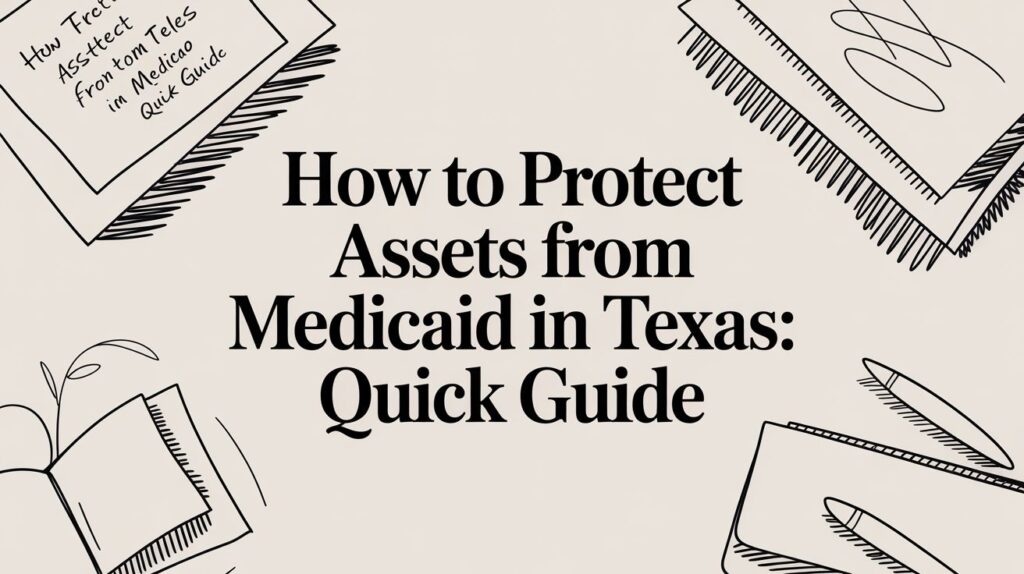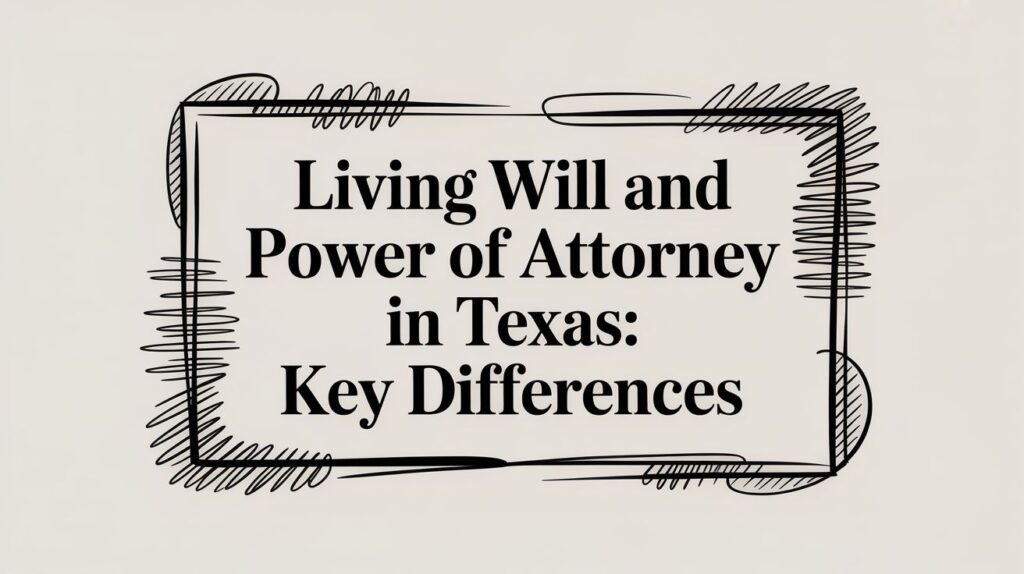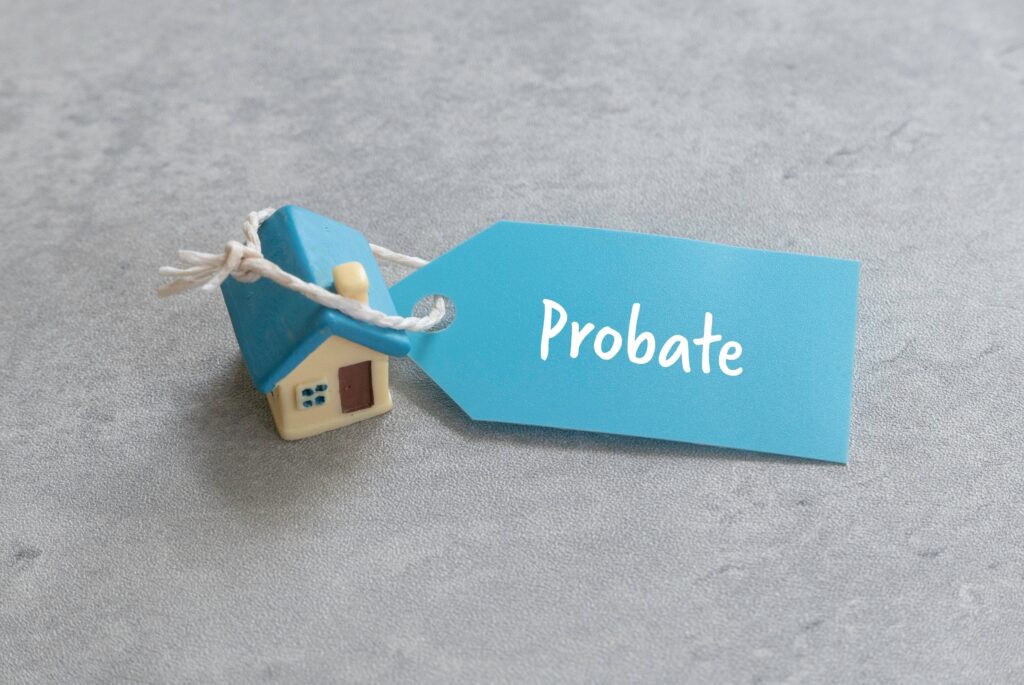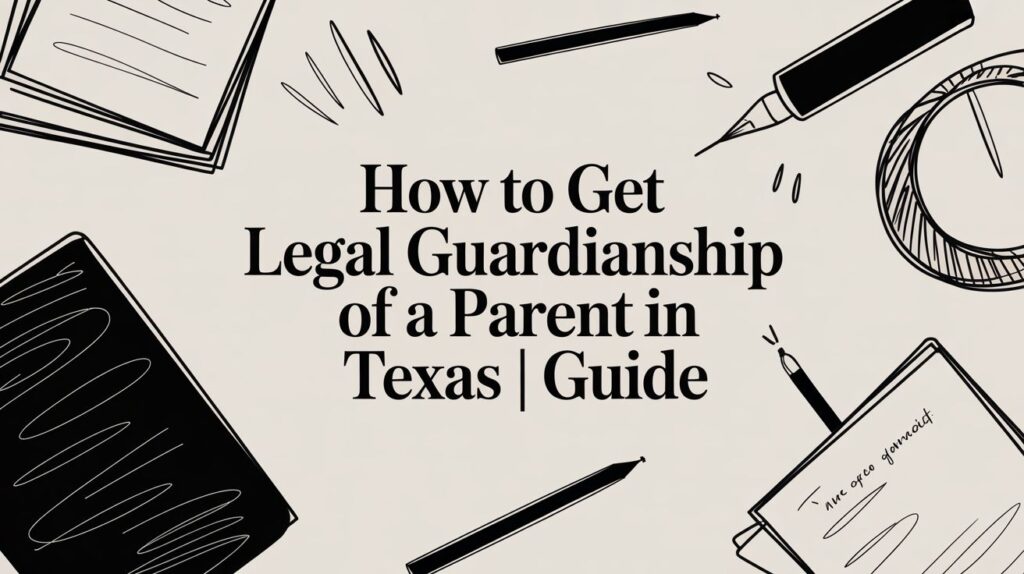When someone passes away, their will becomes more than just a set of written wishes—it becomes a legal document. But how does that transition happen? That’s where the probate court steps in. The process isn’t always simple, and that’s why understanding how wills are enforced in probate court is crucial for families, beneficiaries, and executors alike.
Many people mistakenly believe that once a will is written and signed, it automatically takes effect. Not quite. A will doesn’t actually carry legal weight until it’s admitted to probate and a judge gives it the official green light. This article will walk you through the entire process—what probate is, how wills are validated, who enforces them, and what can go wrong along the way. Through real-world examples and a clear, approachable tone, we’ll explain how wills are enforced in probate court and why every step matters.

What Is Probate?
More Than Just Paperwork
Probate is the legal process of settling a person’s estate after they die. It involves validating the deceased’s will, appointing someone to carry out its instructions, and ensuring that all debts and taxes are paid before distributing the remaining assets to beneficiaries.
In short, probate is how wills are enforced in probate court. It provides a structured and court-supervised system to make sure everything goes according to plan—or at least, according to the law.
Step One: Filing the Will in Probate Court
Making It Official
The process of enforcing a will begins when someone—usually the named executor—files the will with the probate court in the county where the deceased lived. This is the court’s first introduction to the case, and it sets everything else into motion.
Here’s what typically happens:
- The original will is submitted (not a copy)
- A petition to open probate is filed
- A death certificate is included
- The court sets a hearing to validate the will
Until this step happens, the will is just a piece of paper. Once the court accepts it, it becomes a legally binding document. That’s the first major step in how wills are enforced in probate court.
Validating the Will: The Court’s Job
Proving It’s the Real Deal
Before any instructions in the will are carried out, the court has to confirm that the will is valid. This validation process is called “probate of the will” and involves a few critical checks:
- Was the will signed by the deceased (testator)?
- Were at least two credible witnesses present at the signing?
- Was the testator of sound mind and not under duress?
- Is this the most recent version of the will?
If any of these elements are in doubt, the court may delay probate—or even reject the will.
Example: In a West Texas case, two siblings submitted conflicting wills for their mother. One was older but notarized; the other was newer but had only one witness. After a hearing, the court ruled the notarized version invalid due to improper execution, and the earlier will was enforced instead.
Understanding how wills are enforced in probate court means understanding how these legal standards are applied in real life.
What If There Is No Will?
The Court Still Steps In
If someone dies without a will, the estate is considered intestate. In this case, probate still happens, but the court follows a different path. Instead of enforcing a will, the court uses state intestacy laws to determine who inherits what.
This means:
- Spouses, children, and other relatives inherit in a set order
- There’s no room for special bequests or non-family beneficiaries
- The court appoints an administrator, not an executor

So, while this article focuses on how wills are enforced in probate court, it’s worth noting that probate still applies even when a will doesn’t exist—it just plays out differently.
The Role of the Executor
The Will’s Right-Hand Person
Once the court validates the will, it officially appoints the executor named in the document. This person becomes the legal representative of the estate and is responsible for enforcing the will’s terms.
The executor’s duties include:
- Locating and securing all assets
- Notifying beneficiaries and creditors
- Paying debts and taxes
- Filing court documents
- Distributing property as instructed in the will
If they don’t follow through, the court can remove them. That’s why how wills are enforced in probate court depends heavily on whether the executor is capable and trustworthy.
Real-Life Story: A Smooth Probate Process
John’s father passed away in Houston and named him executor in his will. The will was properly signed, witnessed, and stored in a fireproof box. John filed it with the Harris County probate court, attended a short hearing, and was granted letters testamentary within a few weeks.
Because everything was in order, John paid his father’s remaining debts, closed accounts, sold the family home, and distributed the proceeds evenly among his siblings as instructed. The process took less than nine months, and the court closed the case without issue.
This story shows how wills are enforced in probate court when the proper steps are followed and there’s no conflict.
Disputes and Contested Wills
When Probate Gets Ugly
Not every probate case runs smoothly. Sometimes, family members—or even people outside the family—challenge the will. This is known as a will contest, and it can derail the process for months or even years.
Common reasons for challenging a will include:
- Allegations of forgery or fraud
- Claims of undue influence by another party
- The belief that the testator lacked mental capacity
- Disputes over the will’s execution or authenticity
Example: In a San Antonio case, a caregiver who was left the bulk of an elderly woman’s estate was sued by the woman’s nieces and nephews. They claimed she manipulated their aunt in her final months. The court eventually ruled in the family’s favor after reviewing medical records and witness testimony.
Contested cases often require additional hearings, depositions, and expert witnesses. In these situations, how wills are enforced in probate court depends on the strength of the evidence and the court’s interpretation of the law.
Specific Bequests vs. Residuary Clauses
What Goes Where?
Wills typically divide assets into two categories:
- Specific bequests: Individual items or amounts left to named beneficiaries (e.g., “$10,000 to my nephew Alex” or “my piano to my sister”)
- Residuary clause: Everything else in the estate, which may include bank accounts, property, and investments
The executor must follow these instructions exactly—unless the estate doesn’t have enough money to fulfill every bequest. In that case, some gifts may be reduced or eliminated, a process called abatement.
It’s another reason why understanding how wills are enforced in probate court is so vital. Executors must prioritize according to the law—not personal preferences.

Handling Creditors and Estate Debts
The Estate Pays First
Before any beneficiary receives their inheritance, the estate’s debts must be settled. This includes:
- Medical bills
- Credit card debt
- Loans
- Taxes
- Funeral expenses
The executor must notify known creditors and, in many cases, publish notice in a local newspaper. Creditors then have a limited time—usually four months—to submit claims.
If the estate can’t cover all debts, some heirs may receive less than expected. Again, this is part of how probate enforces the legal priority of financial obligations over personal wishes.
Dealing With Real Estate in Probate
Homes Aren’t Always Simple
Real estate often complicates probate. A will might say “my home goes to my daughter,” but what if:
- The home has a mortgage?
- Other heirs want to contest that gift?
- The home is jointly owned with a spouse or business partner?
If the property isn’t clearly addressed—or if title issues exist—the court may require an appraisal, a sale, or even a court hearing to resolve disputes. Executors must also ensure the deed is legally transferred to the new owner and recorded with the county.
These situations demonstrate that how wills are enforced in probate court often intersects with other areas of law, like real estate and finance.
Partial Intestacy: When a Will Doesn’t Cover Everything
What Happens to “Forgotten” Assets?
Sometimes, a will leaves out certain assets—whether intentionally or by mistake. This can lead to partial intestacy, where part of the estate is distributed according to the will, and the rest follows intestacy laws.
Example: Linda’s will listed specific jewelry, a house, and a checking account. But she forgot to update the will after buying a valuable antique car. Since it wasn’t mentioned and had no named beneficiary, it went through intestate succession and was awarded to her next of kin.
This is yet another layer of how wills are enforced in probate court—and why keeping estate plans updated is essential.
Final Distributions and Closing the Estate
Wrapping It All Up
Once debts are paid and assets distributed, the executor files a final accounting with the court. This document details every transaction: what came in, what went out, and who received what.
The court reviews this accounting, and if everything checks out, it issues an order to close the estate. The executor is then officially released from their duties.
At that point, the will has been fully enforced, and the probate process is complete.

Final Thoughts on How Wills Are Enforced in Probate Court
Probate isn’t just a formality—it’s the legal mechanism that makes sure a person’s final wishes are followed, debts are paid, and assets are distributed fairly. From validating the will to closing the estate, each step requires attention to detail and adherence to the law.
By understanding how wills are enforced in probate court, executors and beneficiaries can avoid delays, prevent disputes, and make sure the decedent’s legacy is honored properly. Whether you’re preparing your own estate plan or stepping into probate for a loved one, knowing what to expect makes all the difference.
And if complications arise? Don’t go it alone. Consult with an experienced probate attorney who knows the local court’s rules and can guide you through the process—start to finish.








